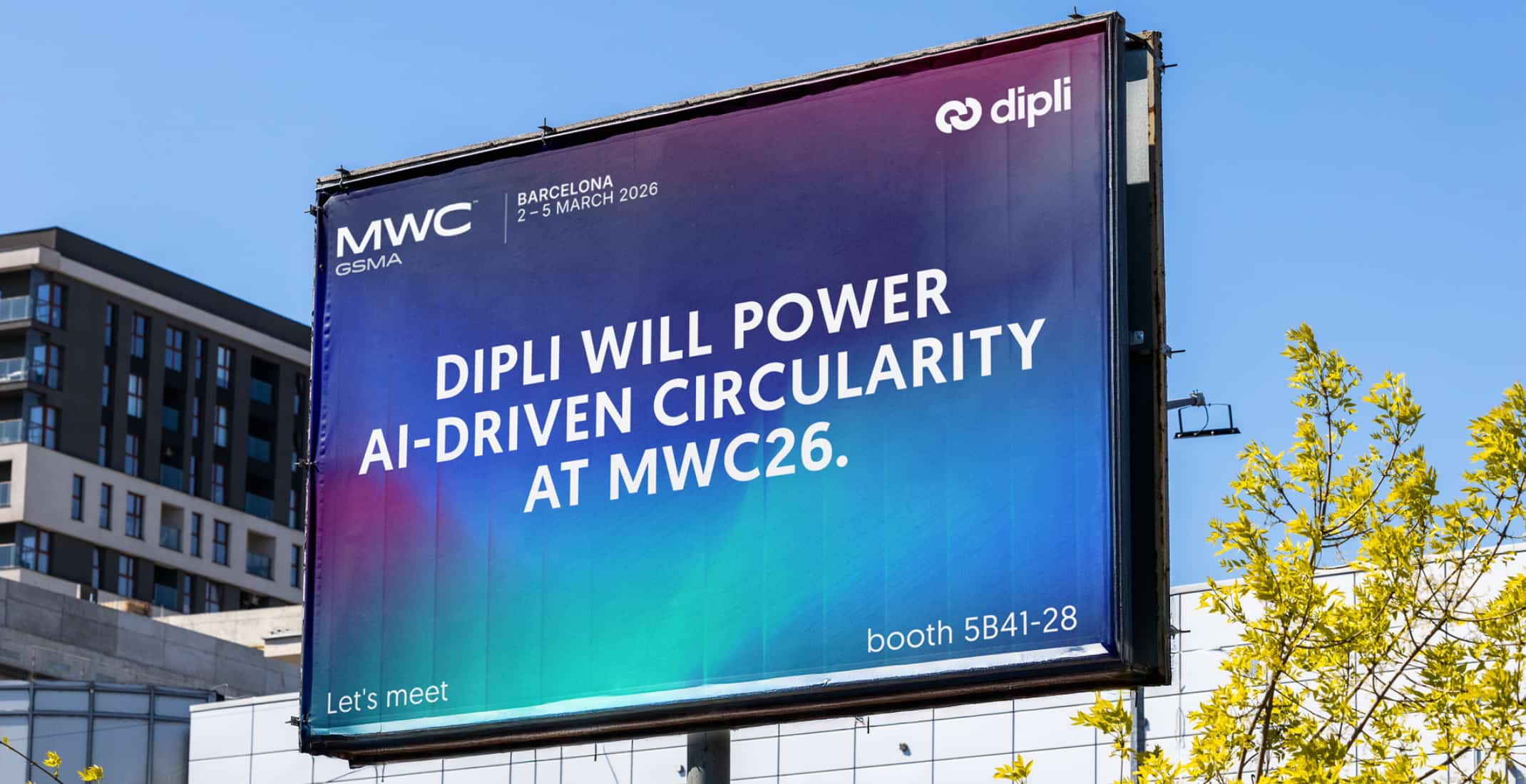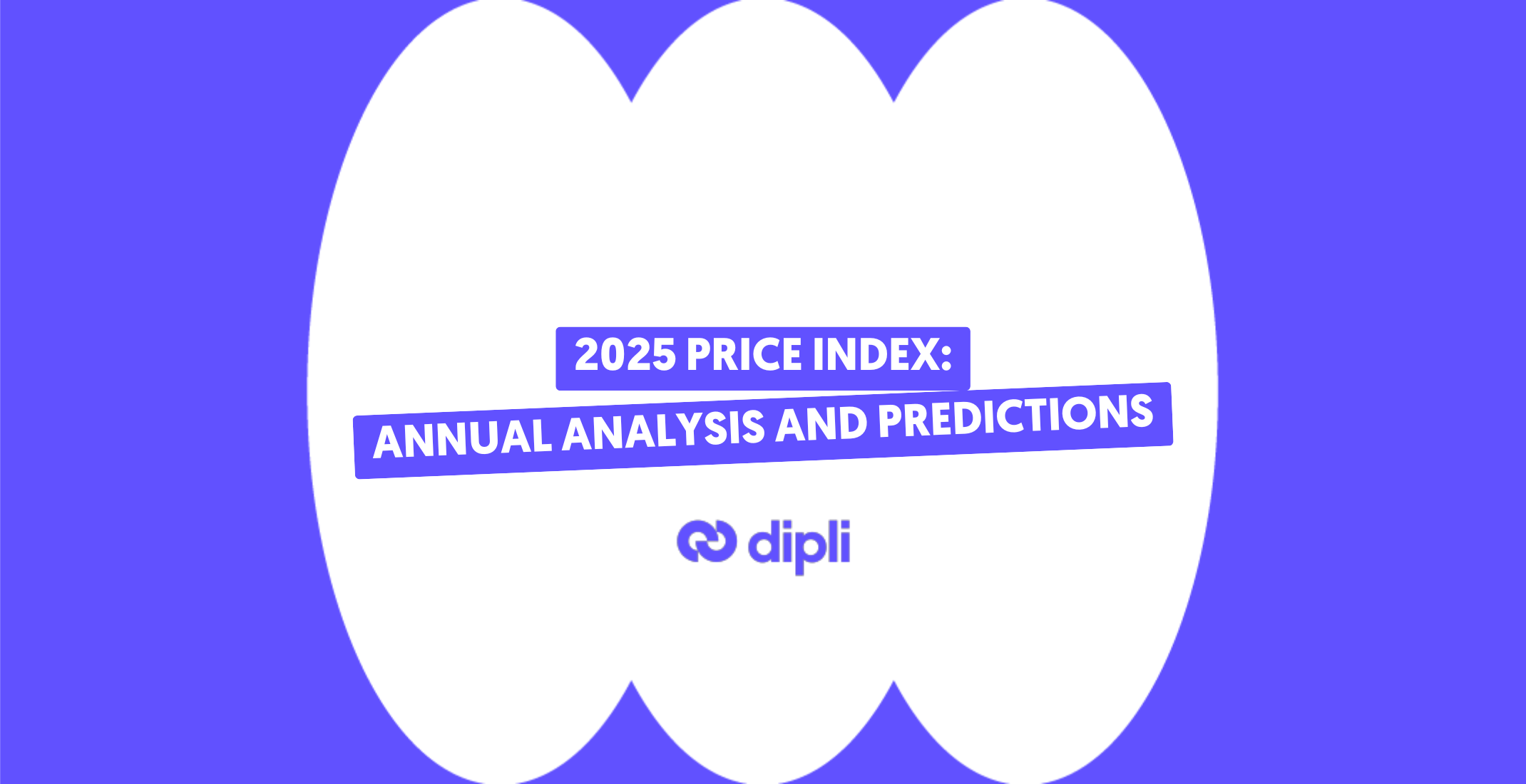CSR and refurbishment : what is at stake ?
02/11/2022
0 comments

The impact of human activities is a phenomenon now known to the vast majority of us.We know that our economic system has precipitated global warming, the depletion of resources, the presence of toxic products and waste in nature, and their impact on our society.
A phenomenon internalized by many consumers, and before them, NGOs and international organizations, which together form public opinion. This pushes companies to justify each of their steps in the way they manage their business: regulations, working conditions, impact on local populations and their environment, conflicts of interest and the obvious carbon footprint... It's challenging to control all these risks !
However, this is where Corporate Social Responsibility brings several answers, especially on the digital market, with refurbished tech devices. Highly polluting, and behind on the second-hand market (compared to the automobile industry), it is nevertheless a promising sector that has built itself in the recent years.
Corporate Social Responsability, what does it mean ?
Corporate social responsibility refers to the consideration by companies, on a voluntary and sometimes legal basis, of environmental, social, economic and ethical issues in their activity. A company that practices CSR will therefore seek to have a positive impact on society while being economically viable.
ISO 26000, an international standard, defines the scope of CSR around seven central themes :
- Organization's governance
- Human rights
- Work relations and conditions
- Environment
- Fair practices
- Consumer issues
- Local development and communities
Demand evolves, offer should adapt
With CSR, rethinking one's purchasing policy is therefore a key point for a company!
These new modes of consumption favor circularity over linearity, and are even invading the purchasing function. Consumers' aspirations have changed ! The environmental issue is an important part of the change in mentalities, the economic constraints also encourage them to move towards more accessible alternatives, especially for tech products. In fact, thanks to reconditioning, products reintroduced on the market are attractive compared to new ones. Buyers can expect to save up to 70% per device, according to market experts, without bucking the trend.
Customers want to know where the products they buy come from: where and how raw materials such as gold, titanium and coltan are mined, the carbon footprint of a product's life cycle, how employees are treated in factories, etc. While technology alone cannot solve the global warming issue, we are working to reduce our carbon footprint. This is the promise of participating in a fairer and more resilient world.
According to a study by The Deloitte Global 2022 Gen Z and Milennial :
- 40% of consumers look for and trust brands to act in the best interest of society
- 70% of millennials say their company's commitments influence their decision to work there
- 50% of millennials would be willing to earn less if it meant they could work at a company that shares their values
Social and environmental impact
The analysis of environmental impacts of digital technolog shows that the manufacturing phase is the main source of impact (78% of the carbon footprint), followed by the use phase (21% of the carbon footprint)" according to ADEME.
To manufacture a smartphone a variety of materials must be extracted, which includes precious and rare earths. Among these materials are "conflict minerals", such as gold and tantalum, which finance armed groups in countries with tense political situations. The manufacturing phase, in addition to having this impact on local populations, obviously has a disastrous impact on the environment and on the workers, whom the extraction phase systematically degrades. The sites are not rehabilitated when the activity is transferred. Because it takes a lot of acid and toxic substances to extract the materials, only 1% of which are isolated, the rest being thrown into nature.
Using rare earths that have already been mined and are therefore already in circulation is a viable solution.
"Since much of the energy used in the life cycle of a computer comes from the manufacture of high-tech components, [...] the energy-saving potential of reselling or upgrading is about 5 to 20 times that of recycling." According to Eric Williams and Ruediger Kuehr.
Circular Economy and refurbishing, an opportunity
Offering several lives to devices, reducing waste, promoting the circular economy: these are the new levers of action for a responsible company.
Buying second-hand and repairing rather than throwing away are behaviors widely encouraged by recent legislation, which can make a difference. With its competitive prices, refurbished products allow to acquire a tech product in good condition without producing new ones. A sector that is particularly well structured, with the appearance of many players, such as Dipli, in recent years. These professionals are able to audit, test, repair and clean the devices in their entirety, to repackage them in individual packages with compatible accessories, to provide after-sales service and even to quantify the positive impact in order to enhance the value of the approach. Any company can thus have access to high-performance reconditioned products, with traceability and quality service.
Supplying your company with refurbished terminals is thus a way of integrating your company's needs while matching them with your CSR objectives. In this way, we act against programmed obsolescence!
According to Bob Willard, integrating CSR principles into the DNA of one's company could increase profits by 51% for SMEs and up to 81% for a multinational. This can be explained by:
- Better products, more customers, and therefore increased market share
- Reduced energy and waste expenditure
- Reduced material costs through dematerialization and substitution
- Increased productivity and less turnover
- A better respect of the customers thus a naturally improved brand image
CSR is, in other words, sustainable development in business. It is a virtuous way of managing business.





Comments (0)